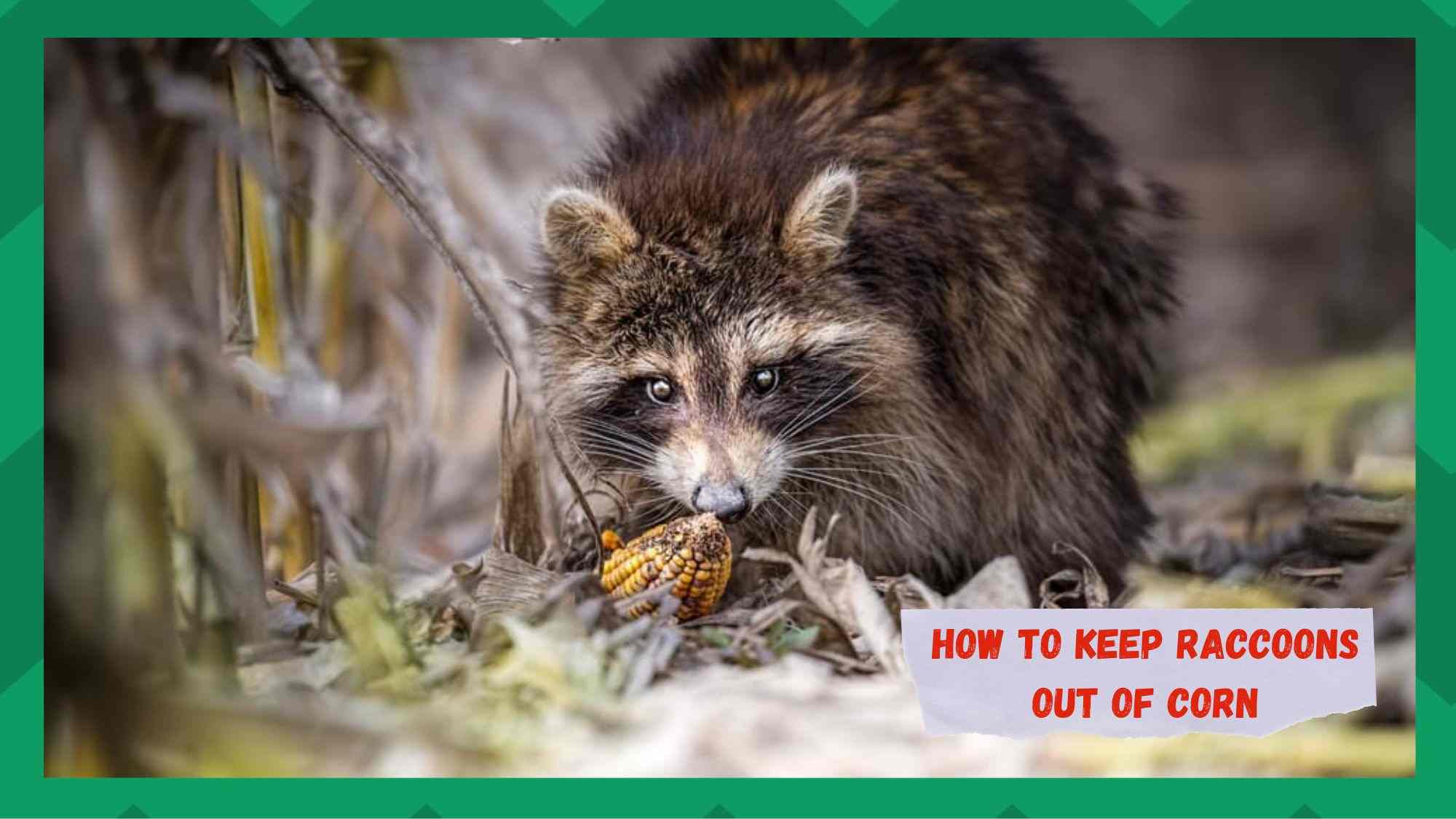
Getting rid of animals that can damage your crops is extremely challenging yet important for gardeners. This is because animals can damage plants and hinder their growth and raccoons are one of these animals.
Raccoons can destroy plants, especially sweet corn, as they are attracted by the sweet fragrance of corn and consume the corn ears. So, if you are growing corn and raccoons have started attacking your corn patch, there are various solutions that you can try!
How To Keep Raccoons Out Of Corn?
The first and most suitable method of keeping raccoons out of corn is to use chicken wire. The chicken wire is affordable and readily available at plant nurseries. The chicken wire can be used to create a fence around the corn patch to prevent the raccoon’s entrance.
However, chicken wire is prone to breakage, which is why you have to fasten it with stapling and nails. In addition, it’s recommended that you use a 1×1 inches chicken wire as it’s sturdier.
- Use Nite Guard
Nite Guard is one of the most recommended solutions to keep the raccoons away from the corn. Nite Guard Solar is a raccoon repellent light and it’s recommended that you install multiple lights and make sure they are 25ft to 50ft apart. Keep in mind that these lights should be installed on all four sides of the corn patch.
In addition, the light must be installed at eye level with raccoons, about ten to fifteen inches off the ground. These lights are powered by solar energy and are automatically activated at dusk. In addition, it is a weatherproof light, so you can install it outdoors without worrying about malfunctioning.
- Use Chili Powder
Another option is to use chili powder and it’s actually the most affordable method of managing animal activities around the crops. For the same reason, it can be used to keep raccoons out of the corn fields. The solution is to take red chili powder and sprinkle it on the borders of your corn patch.
However, the dry chili powder can fly with the wind and cause eye irritation, which is why it’s recommended that you make a spray.
To make the spray, you’ve to mix black pepper or cayenne pepper in boiling water and add onion. Once the water cools down, put it in the spray bottle and spray it around the corn patch.
It’s recommended that you use this spray two times a week to make sure raccoons don’t return. Lastly, if you want to make this spray more beneficial, add a bit of hot sauce.
- Using Fence Of Squash Plants
The raccoons absolutely hate squash, which is why it’s recommended that you plant squash plants around the sweet corn. The raccoons cannot tolerate the small itchy spikes on fruits and leaves or the smell.
Some of the options that you can try include summer squash, cucumbers, and winter squash, and you’ve to create a fence around the corn.
It’s recommended that you grow two to three plants, but if you don’t have sufficient space, you can grow the squash plants between the corn rows.
- Fence
The electric fence is another option that you can try to keep the raccoons away. However, while using the electric fence, make sure you install various electrified wires at different heights to make the entire area around the corn patch is covered.
In particular, you should cover one foot high area with electrified wires, so the raccoons cannot find their way in.
Other than the electric fence, you can also install a floppy fence, which is connected to the top part of the sturdier and more solid fence.
So, when the raccoon tries to climb the fence, the raccoon’s weight will cause the fence structure to slip over to the outside of the corn patch. As a result, the raccoon will have to release its grip on the fence and fall to the ground.
Another way of charging the fence is to use a fence charger as it has a higher voltage and low amperage. It’s recommended that you invest in a two-wire system and install it lower on the ground – one wire should be six inches high while the other one should be twelve inches high.
Lastly, make sure that you activate the chargers or electric fences at night because raccoons are nocturnal.
- Grow Vines
If you have limited space in the garden, we recommend that you grow wines, especially pole beans and pumpkin vines. That’s because they grow foliage and vines that raccoons don’t like. The pole beans’ foliage blocks the visibility while pumpkin vines make it challenging for the raccoons to walk over.
- Ammonia-Soaked Rags
The raccoons absolutely hate the ammonia smell, which is why we recommend soaking the rags in ammonia and scattering them all around the corn patch, particularly on all four borders. In addition to using the ammonia-soaked rags, you can also fill the bowls with ammonia and put them on the borders of the patch.
- Mothballs
In case the raccoons have made a nesting space in your corn patch, it’s recommended that you place mothballs around the corn field. The mothball’s smell can deter these rodents but make sure you replace the mothballs after every two weeks for them to work effectively.
- Ultrasonic Animal Repellers
When the raccoons know that the corn patch is no longer the right place for their food source, they will eventually stop coming to the patch. For this purpose, we recommend that you use an ultrasonic animal repeller.
They are readily available in electric stores. Ideally, you should invest in solar-powered repellers as they don’t need an electric connection and work by charging the built-in battery with solar energy. However, make sure that your repeller is waterproof.
- Sprinkler
Another option is to use an automatic sprinkler. In particular, you should invest in a motion-activated sprinkler because it will be automatically activated when it senses the raccoon’s motion.
As a result, the raccoons will get scared of the sprinkler’s sudden movement and they will also be sprayed with water, which causes them to run away. However, make sure you turn off the sprinkler during the day to prevent unwanted watering of the corn.
- Pets
Pets are one of the most convenient ways of keeping raccoons out of your corn patch, especially if you already have a dog pet. So, if you have a dog, let them sleep around the corn patch as they are alert and will scare away the raccoons.
The dog’s barking is a great warning sign for raccoons and raccoons will know that dog is a constant part of the field, so they won’t come back either.
- Grow Tall Corns
There are different varieties of corn and all of them grow to different heights. So, if you live in an area where there are raccoons, it’s recommended that you plant the corn with taller stalks to make sure the raccoons cannot climb on them and reach the corn ears.
In fact, some corn varieties can grow up to eight feet, so do your research.
- Trash Bags
There are special rodent-repelling trash bags available in the market, which can help keep the raccoons away from the corn fields. The trash bags usually have methyl salicylate, mint oil, eucalyptus oil, and camphor oil, which results in a minty scent.
The minty smell is extremely strong, which helps keep the raccoons away. So, just purchase these trash bags and put them on the borders of the cornfield.
The Bottom Line
The raccoons can cause serious damage to the fields, particularly corns as they eat the ears. For this reason, it’s important to protect the corn patch with the help of fences and make sure you plant some squash plants to keep them away.
However, if nothing helps, we recommend that you hire wildlife specialists as they know the techniques to ensure the safe removal of raccoons and prevent them from returning to your fields.

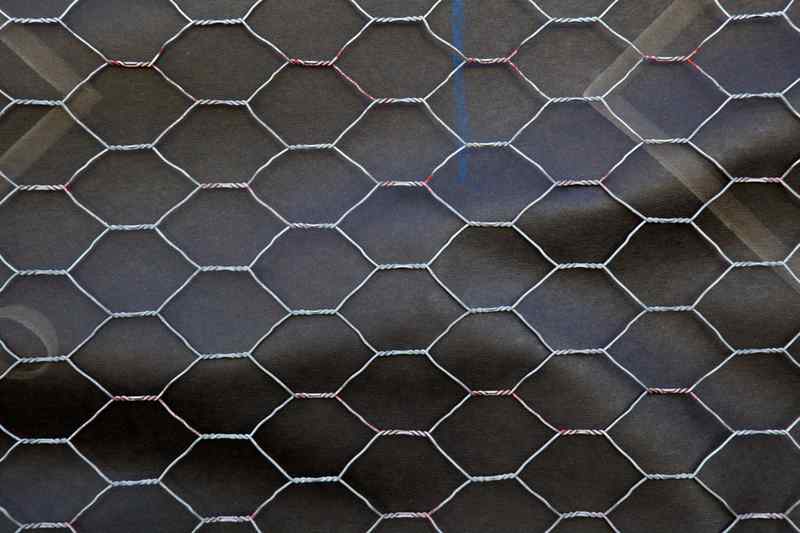
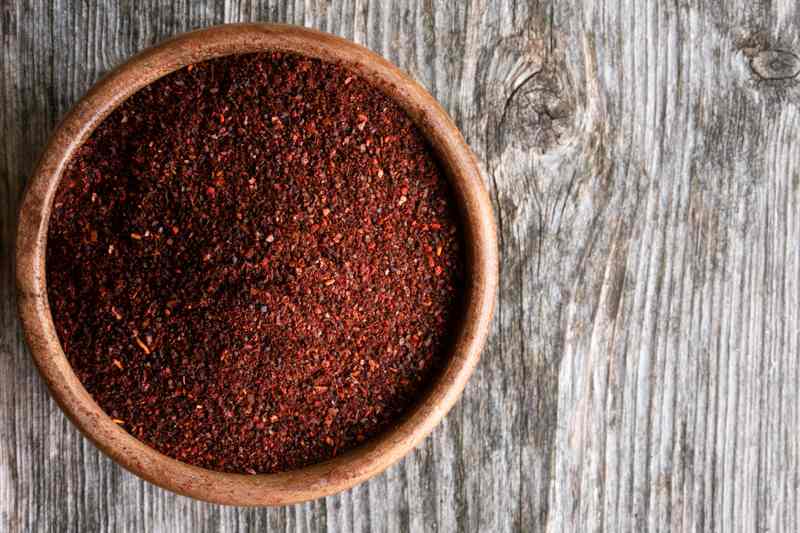

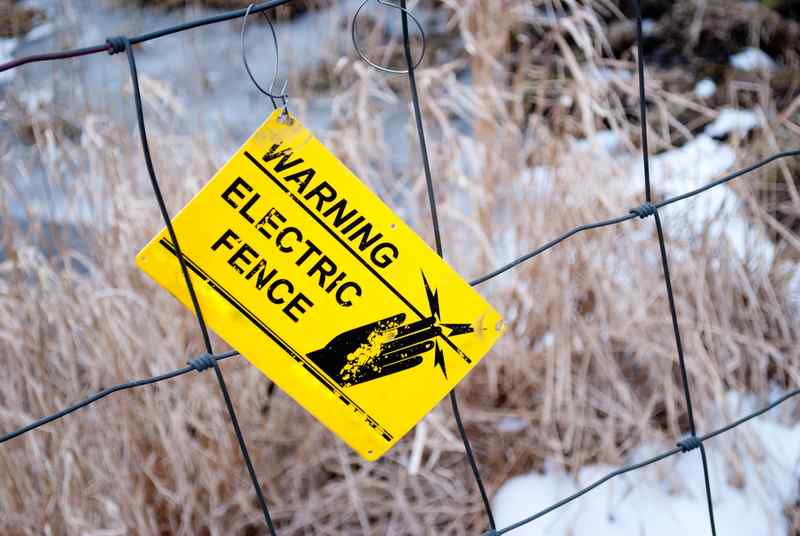
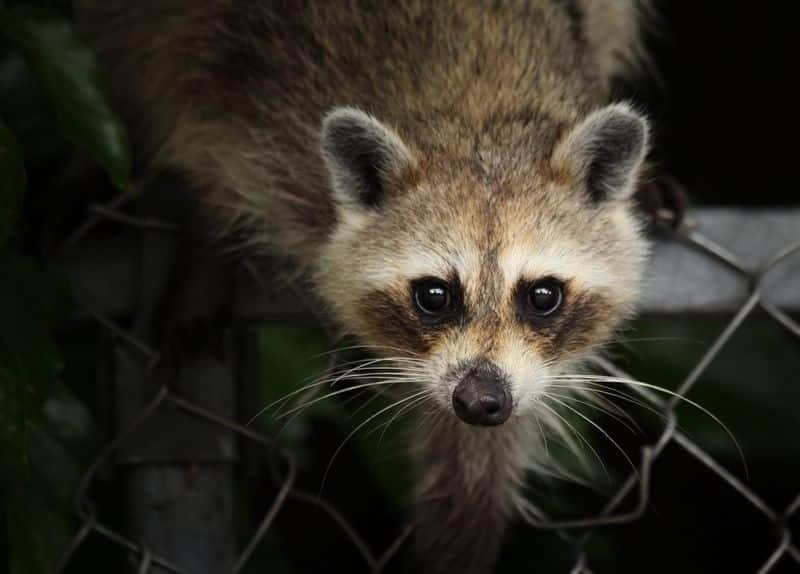

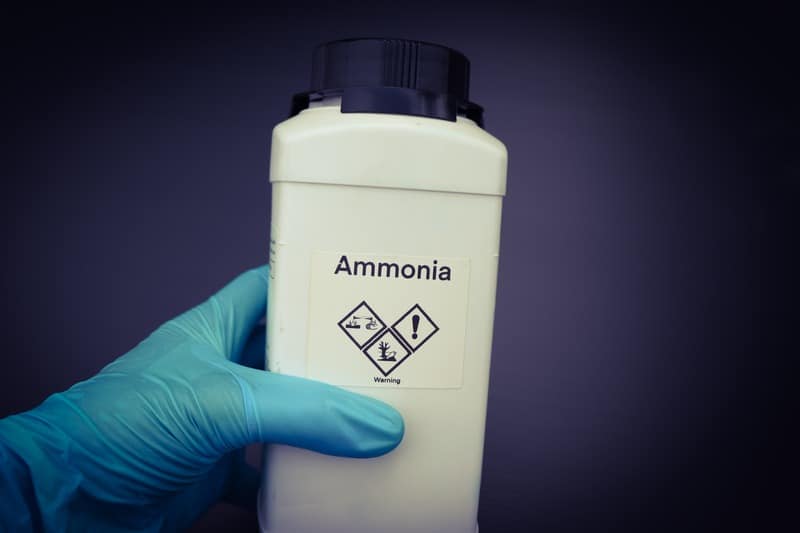
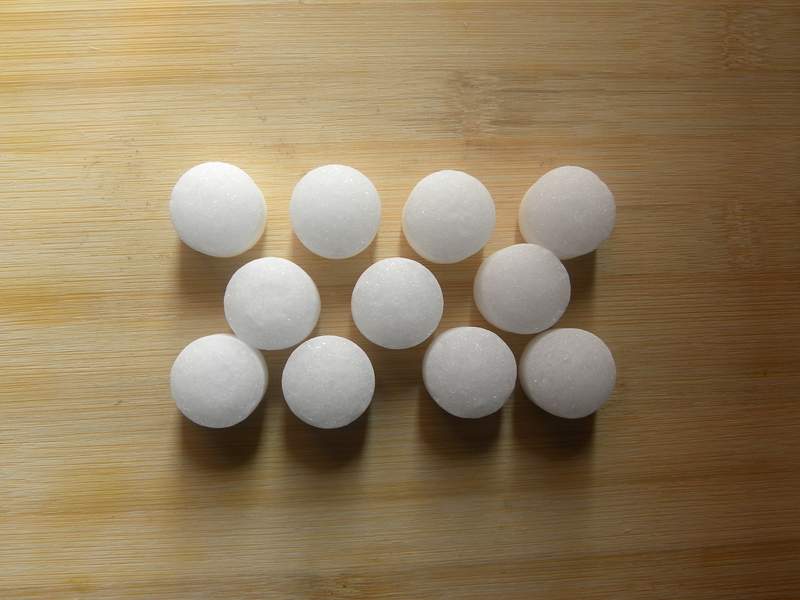
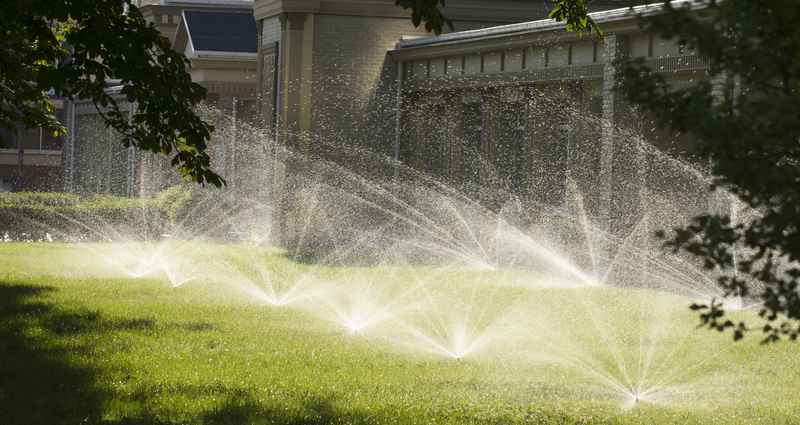



I have had really good success with useing a Radio playing Rock-n- Roll music & Hard Rock, just have to cover them up and water proof them due to Rain and weather but it does work bene doing it foro ver Ten Years now